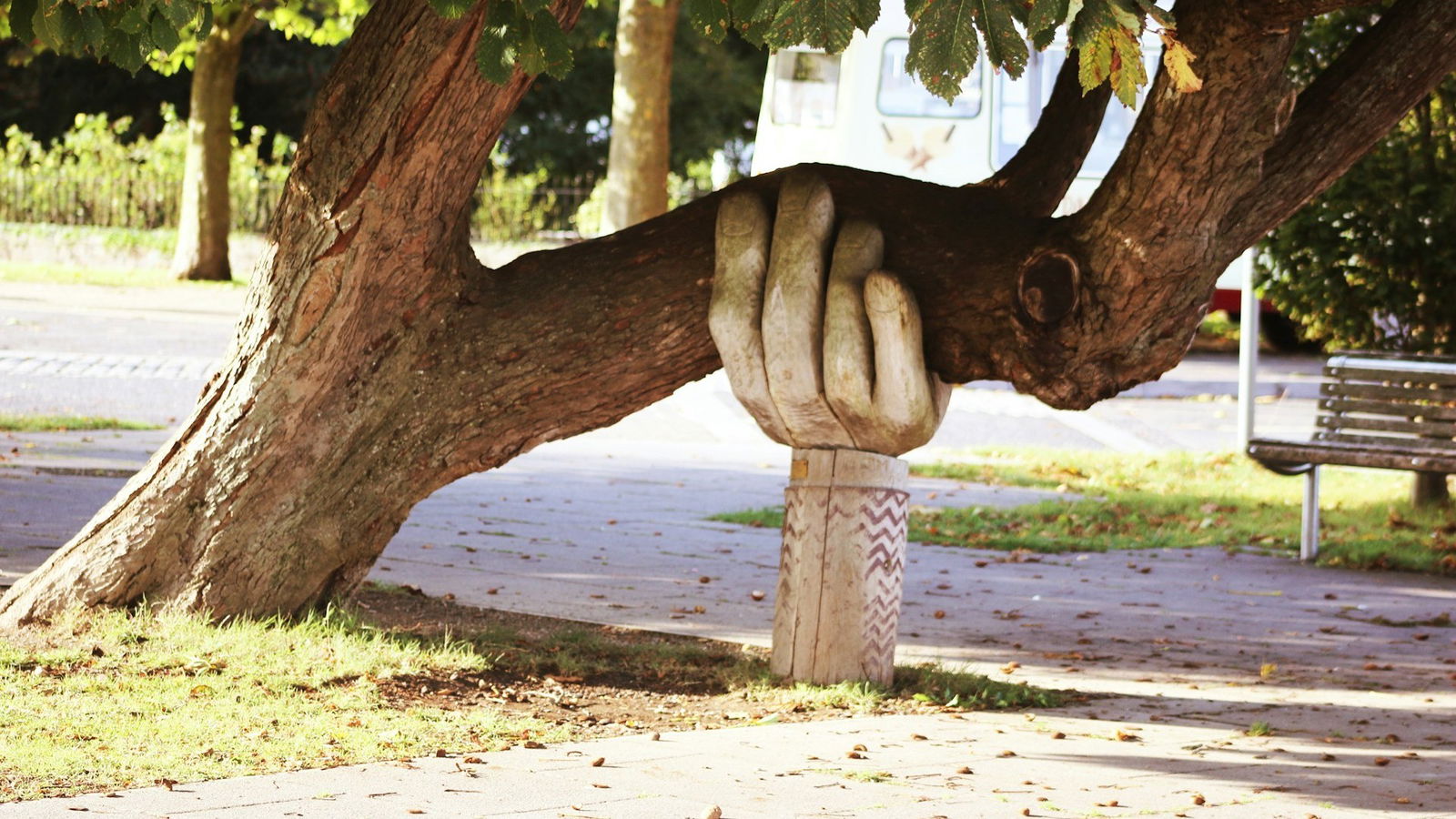
APRIL 23, 2025
REFLECTIVE PRACTICE
Beyond Behaviour: Responding to Complexity with Clinical Integrity
Beyond Behaviour – Entry #1
“Behaviour Support is not just about reducing behaviour. It’s about restoring dignity, building capacity, and supporting lives in context.”
This article launches our “Beyond Behaviour” series, a reflective exploration of what it means to practise behaviour support in complex, real-world settings. Each entry will draw on the everyday experiences of practitioners, the evolving demands of the sector, and the deeper clinical and relational frameworks that guide our work at CBChange.
Jeffrey Chan recently shared an important reminder: Behaviour Support Practitioners (BSPs) are doing difficult, often unseen work in the most complex environments across Australia.
They’re not just writing plans. They’re working across fractured systems, supporting people in distress, and navigating the space between compliance and compassion. From remote communities to youth justice, specialist schools to family homes, BSPs are not simply implementing strategies—they’re showing up to human complexity with care, clarity, and courage.
At CBChange, we don’t treat this complexity as the exception. We treat it as the norm.
That’s why we’ve moved beyond traditional Positive Behaviour Support (PBS) and developed Therapeutic Behaviour Support (TBS)—a practice approach grounded in our own clinical model: the BMT – BASIC System Model of Therapeutics.
🧠 What Makes TBS Different?
TBS
is more than a behaviour support method—it’s a therapeutic orientation.
It is:
- Neurobiologically informed– recognising how trauma, neurodivergence, and stress responses shape experience and behaviour
- Relationally driven– prioritising connection, co-regulation, and safety in every interaction
- Context-adaptive – analysing the dynamic interaction of Person, People, Systems, and Settings (PPSS)
- Wellbeing-focused– centring dignity, inclusion, and quality of life—not just the absence of ‘behaviours of concern’
At its heart, TBS is about fostering a therapeutic milieu—a network of safety, belonging, and support surrounding the person. This is not just behaviour management. It’s person-centred change built on clinical integrity.
🔧 The BMT: A Framework for Real-World Support
The BMT – BASIC System Model of Therapeutics gives structure to this work. It helps practitioners understand behaviour as a pattern shaped by experience, systems, and relationships, not just a function to be analysed.
It guides us to:
- View presenting concerns through a neurobiological and developmentally informed lens
- Identify interactional patterns across environments
- Focus on inclusion, strengths, and future potential
- Plan supports that are responsive, ethical, and grounded in the person’s lived context
With tools like the BASIC Formulation, BMT Matrix, and Therapeutic Support Plan, practitioners can step confidently into complex settings with a shared language and structured approach—without losing flexibility or humanity.
🌐 Holding the Practitioner: Networked and Distributed
Complex practice requires more than good tools—it requires strong systems of support.
At CBChange, we deliver TBS within two key structures:
🔹 The Network Practice Model
Practitioners work in locally embedded clusters, supported by shared leadership and peer connection. This model ensures flexibility, responsiveness, and sustainability—while retaining clinical coherence.
🔹 Distributed Leadership
Leadership is shared across four functions—Guide, Coach, Supervisor, and Navigator—so that no one is left unsupported, and no one leader holds all the responsibility.
Together, these models ensure practitioners experience belonging, reflection, growth, and accountability—not burnout or isolation.
🧭 More Than Compliance
Section 181H of the NDIS Act calls for capability building, innovation, and research. The question is—are we achieving that through paperwork, or through meaningful partnership?
Our answer is clear.
We believe in:
- Clinical rigour without rigidity
- Support that adapts to people—not the other way around
- Behavioural support that restores dignity, not just reduces risk
We stand beside Behaviour Support Practitioners. We see the complexity. And we’re building the structures that hold them—so they can hold others.
🔚 Let’s Go Further
Let’s move the conversation forward:
🔹 Beyond restrictive practices 🔹 Beyond quick fixes 🔹 Beyond behaviour
Let’s support people—and practitioners—with the therapeutic integrity they deserve.
Subscribe to stay up to date with all things CBChange
Keep updated with CBChange! Subscribe for news on our impactful Therapeutic Behaviour Support, inspiring stories, events, and insights from Inclusive Therapeutics. Stay ahead with our latest initiatives and opportunities to engage. Join our community and contribute to the positive change!


